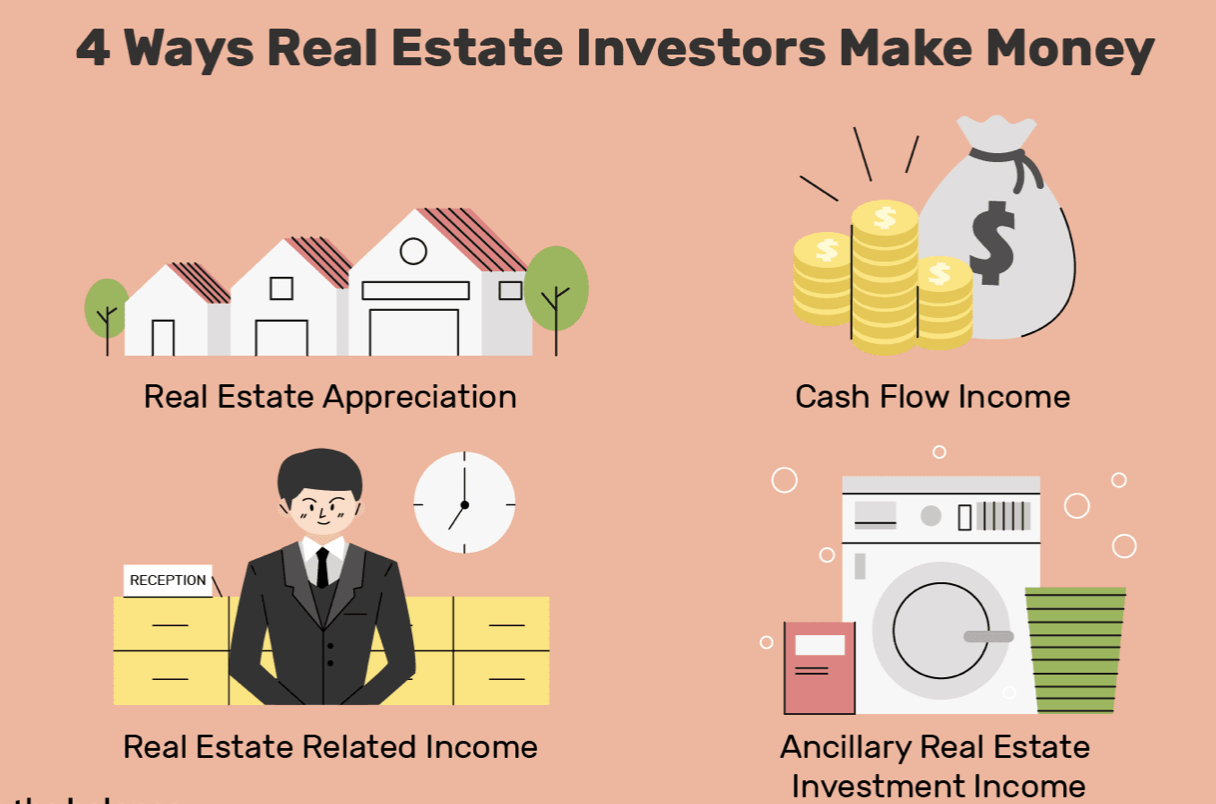"Hopefully customers and realtors understand the difference between the capability to receive a house and the ability to keep and really manage it now," states Sharga. In addition to individuals who lost their homes, loan providers and builders experienced tremendous monetary discomfort, says Herbert. "That discomfort has actually left them more risk averse, so lenders are more mindful when supplying funding to customers and to contractors," states Herbert.
"Many of the items that began the crisis aren't around and the practices that started it are badly constrained," says Fratantoni. Amongst those house owners who lost their home to a short Click for source sale or foreclosure, about 35 percent have now acquired another house, according to CoreLogic. what is reo in real estate. "That indicates that 65 percent didn't return," states Frank Nothaft, chief economist at CoreLogic in timeshare jobs in california Washington. what is a real estate appraiser.

"Low paperwork and interest-only loans were fine as a small https://juliusvdrs902.bcz.com/2021/11/15/the-smart-trick-of-how-to-be-a-real-estate-broker-that-nobody-is-talking-about/ niche for otherwise qualified borrowers with specific situations," says Nothaft. "The problem was that these dangerous loans became extensively offered to subprime debtors." About one-third of all mortgages in 2006 were low or no-documentation loans or subprime loans, states Nothaft - how to be a real estate investor.
"A foreclosure hurts families, neighborhoods, lenders and financiers." While policies such as Dodd-Frank altered the financial world, lenders and investors also lost their cravings for danger and have changed their behavior, states Sam Khater, chief economist of Freddie Mac in McLean, Va. As a result, he states, home mortgage efficiency is much better than it has been in twenty years.